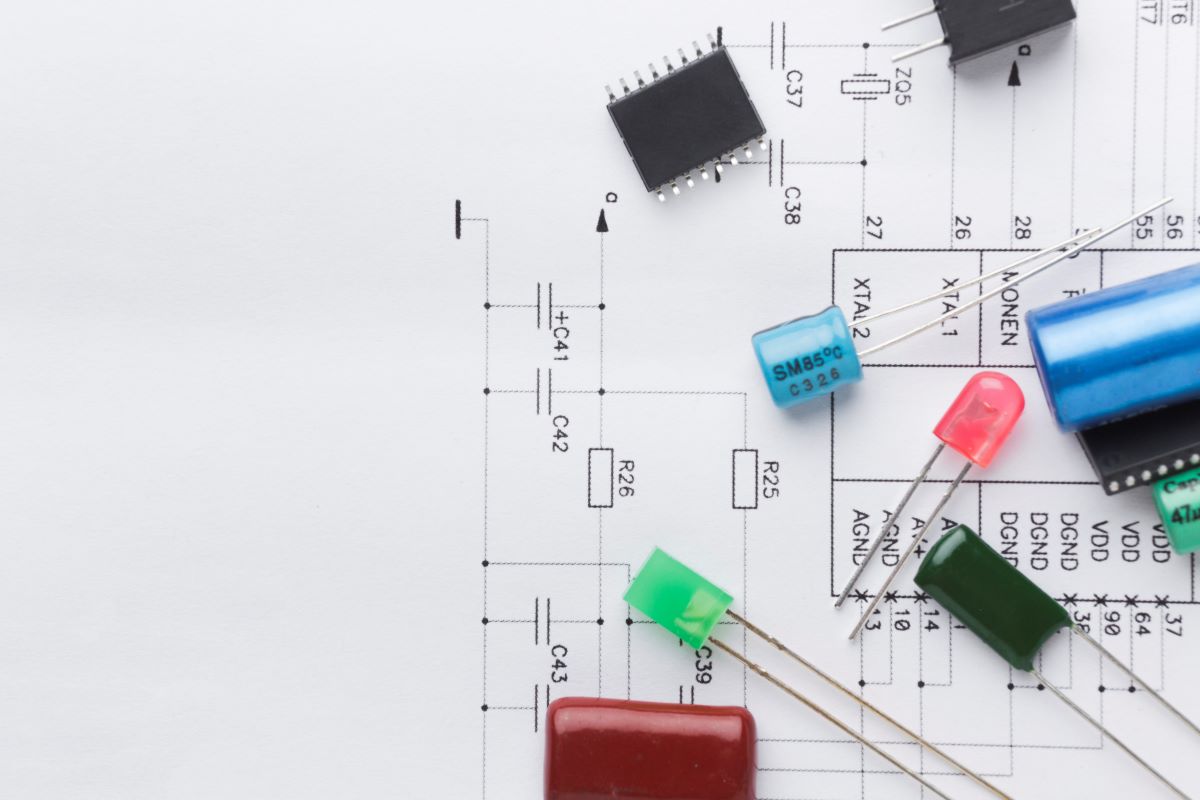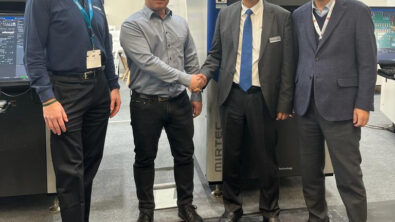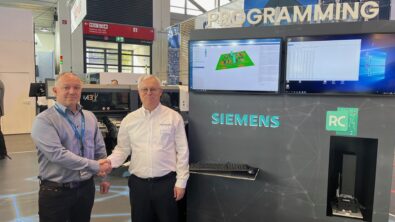Tired of tweaking and debugging your parts library? Try this!

Blog #8 in a 12-part series covering the Digital Twin Best Practices in Electronics Manufacturing mini-webinar series by Jay Gorajia
In an earlier post, we looked at machine-specific software provided “free of charge”, and discussed the hidden costs incurred due to effort duplication and data inconsistencies.
In this post, we’ll look at this issue from a different angle – the part libraries utilized by these machine-specific software packages.
Think for a moment about your PCB manufacturing environment, and consider how many places electronic design data is processed with machine-specific software. Now, think how many people in your organization are working in parallel as they import design and bill-of-materials (BOM) files for use in programming the machines. How much effort is being wasted in these duplicated tasks?
With all this data being processed by a variety of software packages – say, for pick-and-place, inspection, and electrical test machines, can you expect that consistency will be maintained throughout the line? Chances are that it won’t.
Now, think about the technical data associated with a specific component. Think how easy it will be for different people to interpret the part’s datasheet differently and to program the part slightly differently. Remember that we are talking about the creation of data for a single part – and don’t forget about the ongoing maintenance of this data. Changes to the data will be made at different times for different machines. You get the picture – the potential for design errors grows over time.
But that’s not all. Until now, we have only considered a single part number mapping to a single manufacturer part number. For many parts, this is not the case. An approved vendor list (AVL) is typically used to allow a single part number to be mapped to more than one manufacturer part number – each part with its own nominal package size.
Surely there must be a better way to manage a parts library?
In the eighth session of our series of 12 mini-webinars on Implementing “Digital Twin” Best Practices From Design Through Manufacturing we revisit Valor Process Preparation and the Valor Parts Library – Siemens’ unparalleled database of over one billion components, and how it can be used to streamline your manufacturing operations.
Takeaways from the webinar session:
- A look at Valor Process Preparation and the fully integrated Valor Parts Library, with its machine-neutral part definitions that generate machine-specific part data each time it is required.
- How the single sourcing of part data guarantees accuracy across your array of machines and lines.
- How the solution automatically creates part data for every machine – in the format required by the machine’s software.


